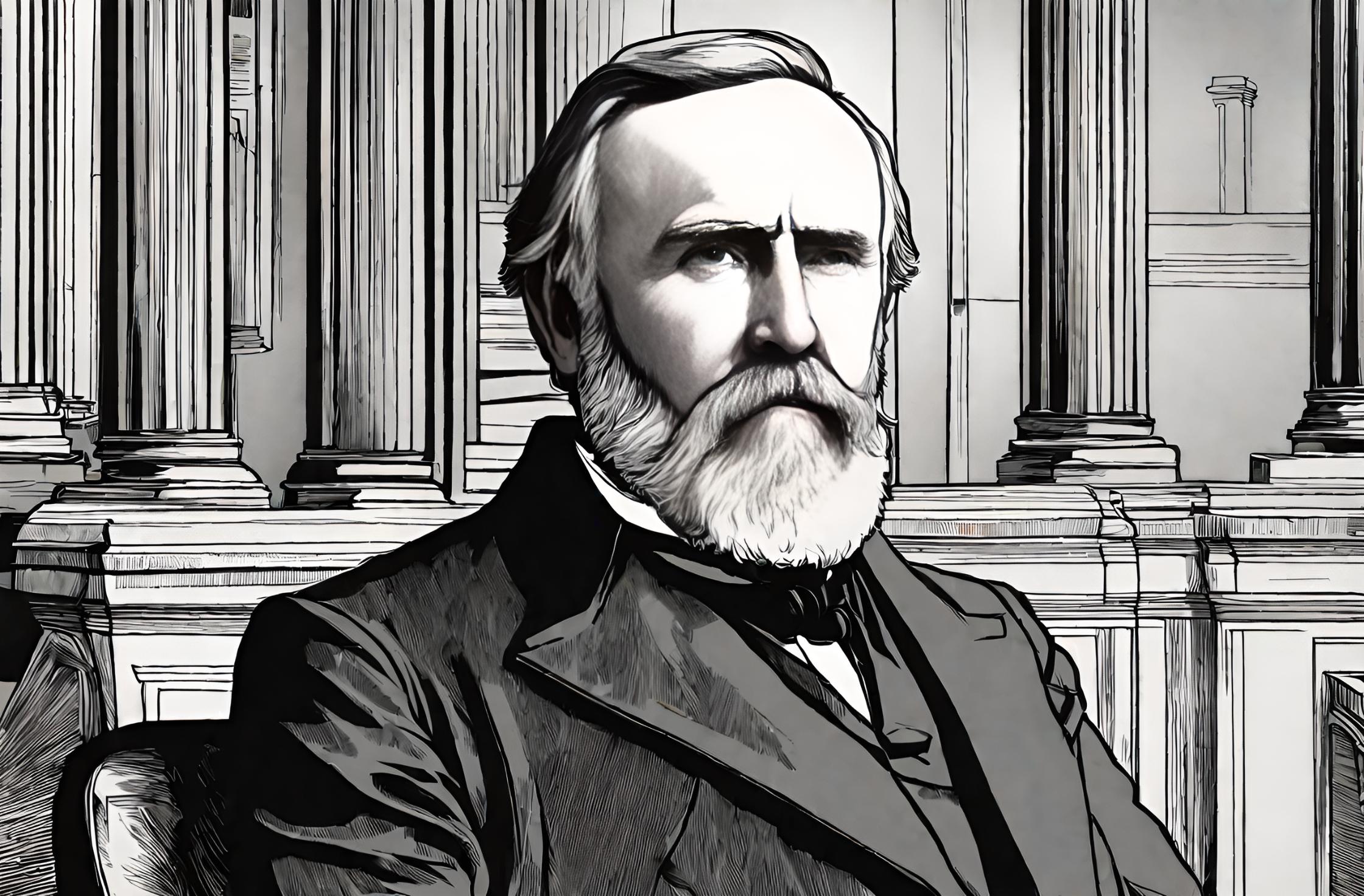Flashback to February 27
American History

February 27, 1879, marks a significant milestone in the history of artificial sweeteners. It was on this day that Constantine Fahlberg, a Russian chemist, made a remarkable discovery that would revolutionize the way we perceive sweetness. Fahlberg’s discovery of saccharin paved the way for a whole new world of sugar alternatives, impacting food and beverage industries, healthcare, and shaping dietary choices for people worldwide. Let’s take a closer look at this significant event and its implications.
Constantine Fahlberg was born in St. Petersburg, Russia, in 1850. He embarked on a career in chemistry and eventually moved to the United States to pursue his studies further. Fahlberg found himself conducting research at Johns Hopkins University in Baltimore when serendipity struck. While working in the lab, he accidentally discovered a sweet taste on his fingers after forgetting to wash his hands following a long day of experiments.
Intrigued by this unexpected sweetness, Fahlberg went back to his lab to investigate the source. He soon discovered that the compound responsible for the taste was benzoic sulfimide, later known as saccharin. This artificial sweetener, derived from coal tar, was incredibly potent, with a sweetness level hundreds of times greater than that of sugar.
Recognizing the immense potential of his discovery, Fahlberg quickly patented saccharin. He partnered with a fellow researcher, Ira Remsen, and together they established the first saccharin manufacturing company, the “Fahlberg and Remsen Company.” The demand for saccharin grew rapidly, and it found its way into a wide range of products, including foods, beverages, and even medicines.
The discovery of saccharin was not without controversy. Initially, there were concerns about its safety and potential side effects. However, as further research was conducted, it became clear that saccharin could be consumed safely by most individuals. It still remains a widely used artificial sweetener today, with numerous governmental and international health organizations recognizing it as safe for consumption.
The impact of Constantine Fahlberg’s discovery cannot be overstated. Saccharin provides an alternative to sugar, making it a crucial tool for individuals with diabetes or those aiming to reduce their sugar intake. It has also played a significant role in the food and beverage industry, allowing manufacturers to create low-calorie and sugar-free options that cater to varying dietary needs and preferences.
Beyond its direct use, saccharin’s discovery paved the way for further research into alternative sweeteners. Today, we have a plethora of artificial sweeteners available, including aspartame, sucralose, and stevia, each with its unique properties and benefits. These sweeteners have become an essential part of the food and beverage industry, enabling the production of a wide range of products without compromising taste and quality.
Additionally, the discovery of saccharin highlights the importance of accidental discoveries in scientific research. Fahlberg’s accidental sweet taste on his fingers led to a groundbreaking innovation that changed the world. It serves as a reminder to scientists and researchers to remain open-minded, as you never know when unforeseen discoveries might occur.
Constantine Fahlberg’s discovery of saccharin on February 27, 1879, opened up a new realm of possibilities in the field of artificial sweeteners. His accidental taste test revolutionized how we perceive sweetness and has had a profound impact on various industries and individuals globally. The legacy of Fahlberg’s discovery lives on, as artificial sweeteners continue to be an integral part of our daily lives.
We strive for accuracy. If you see something that doesn't look right, click here to contact us!
Sponsored Content

US Electoral College declares…
The US Electoral College…

US President Richard Nixon…
In a historic event…

Constantine Fahlberg discovers saccharin…
On February 27, 1879,…

The US dollar drops…
On February 27, 2008,…

FBI arrests Ten Most…
On February 27, 1998,…

Henry Cabot Lodge, American…
Henry Cabot Lodge, the…

